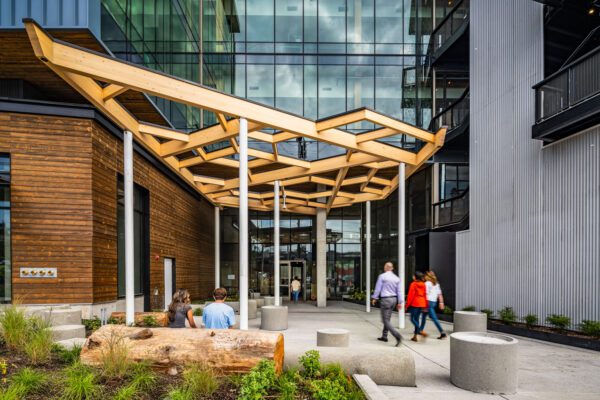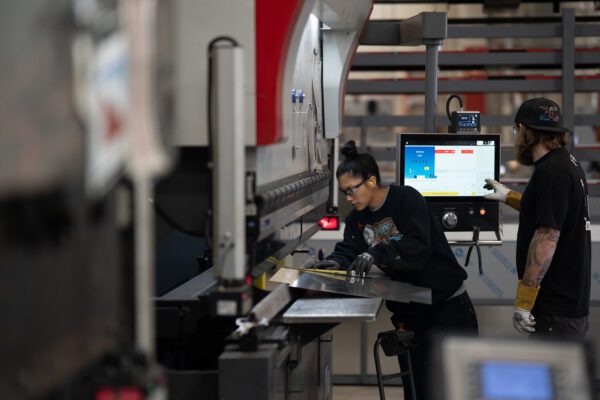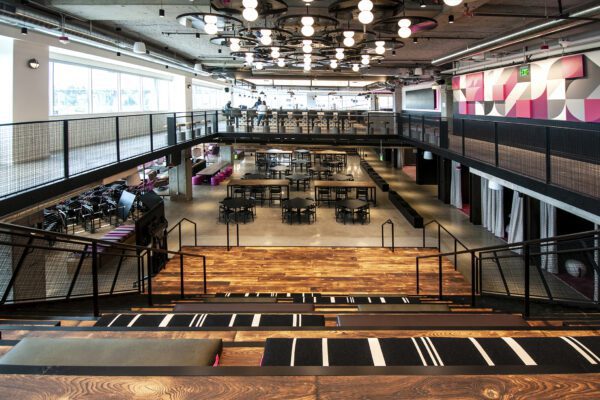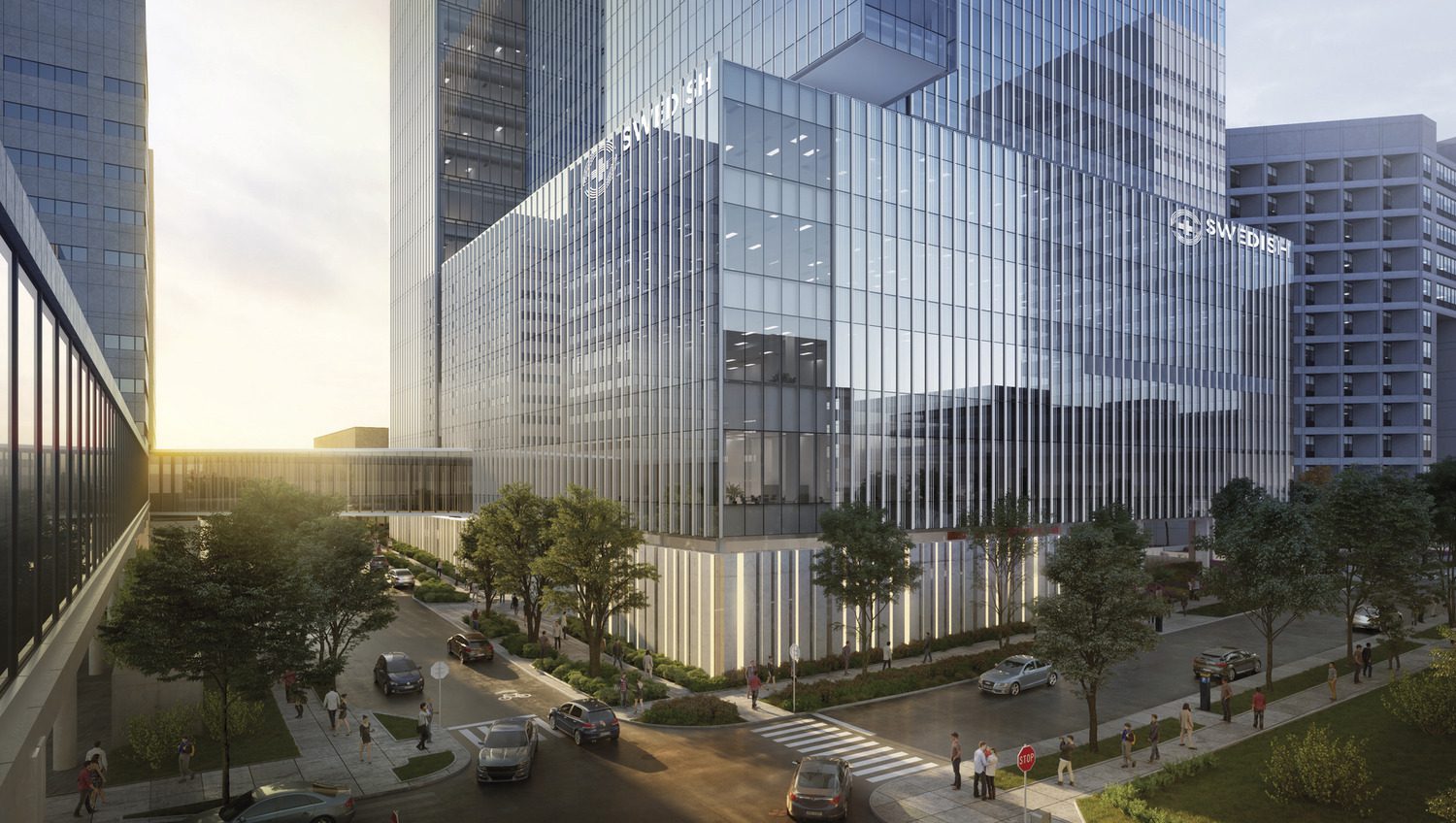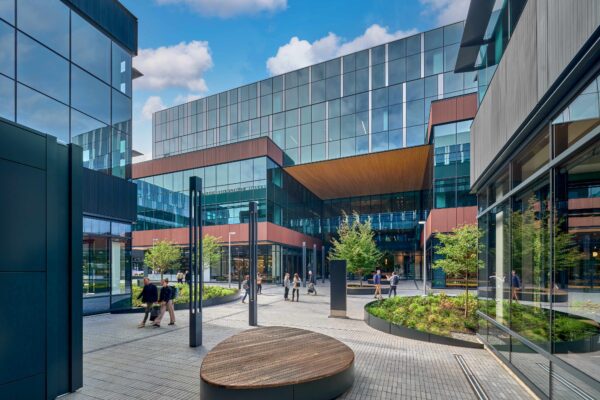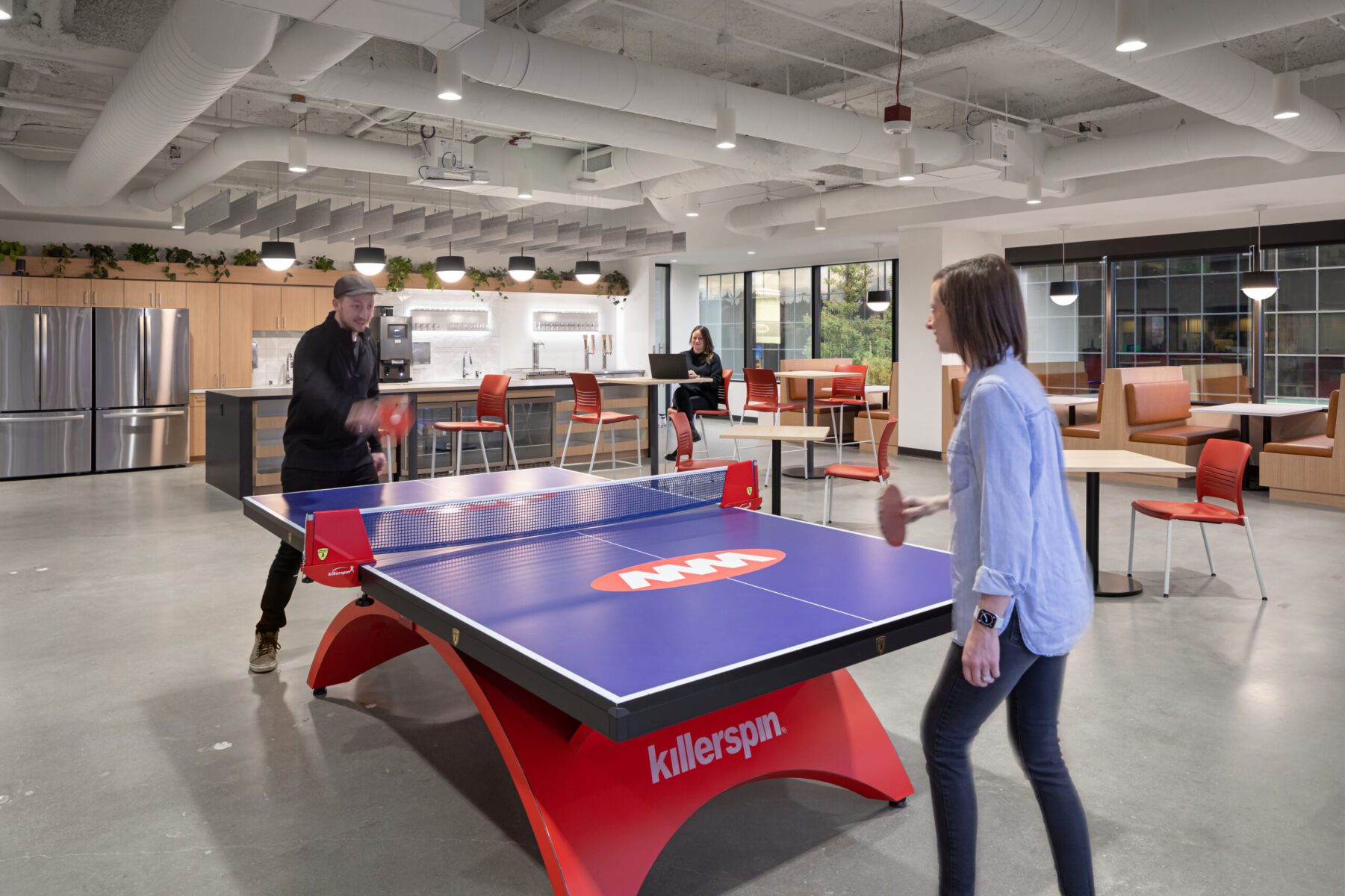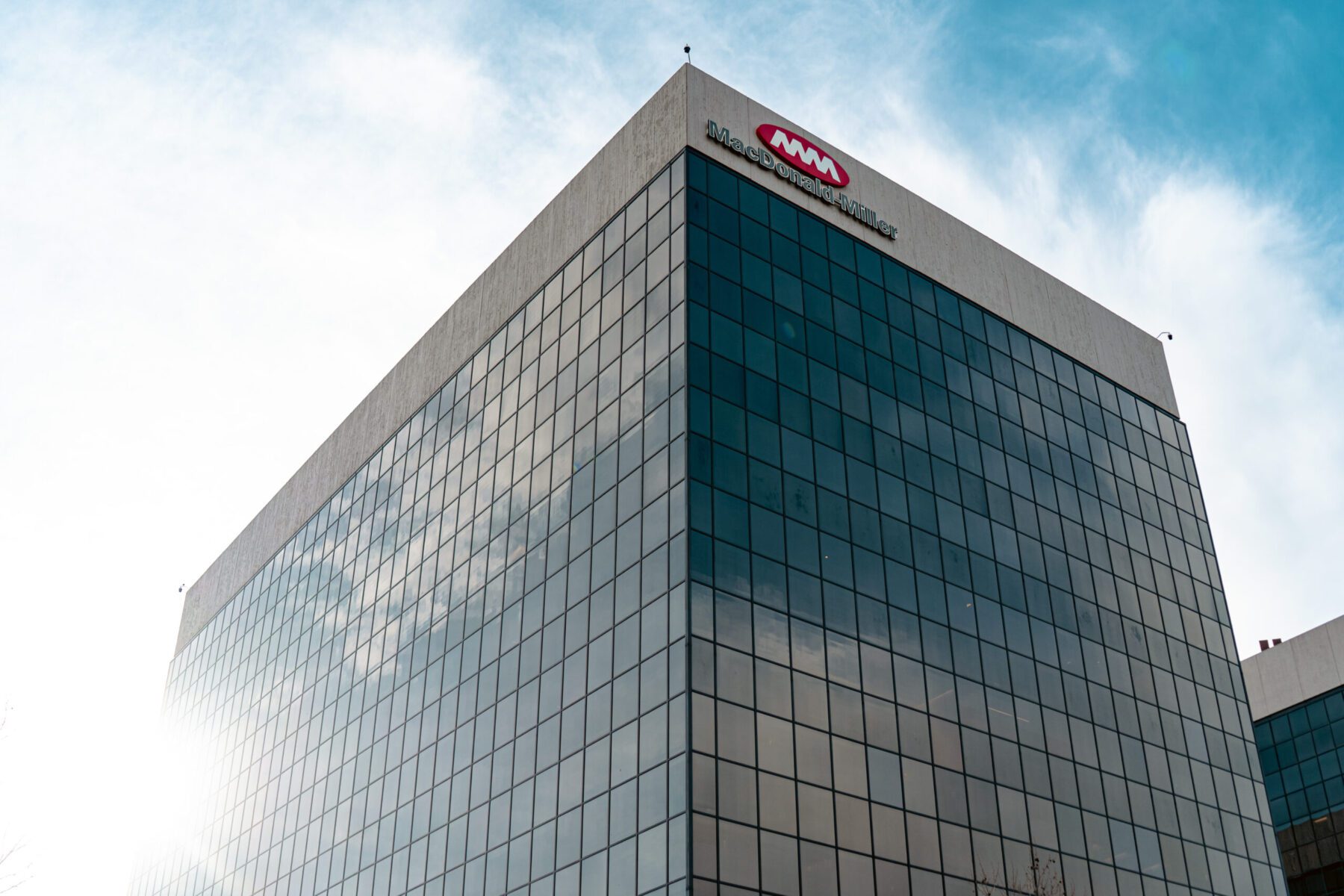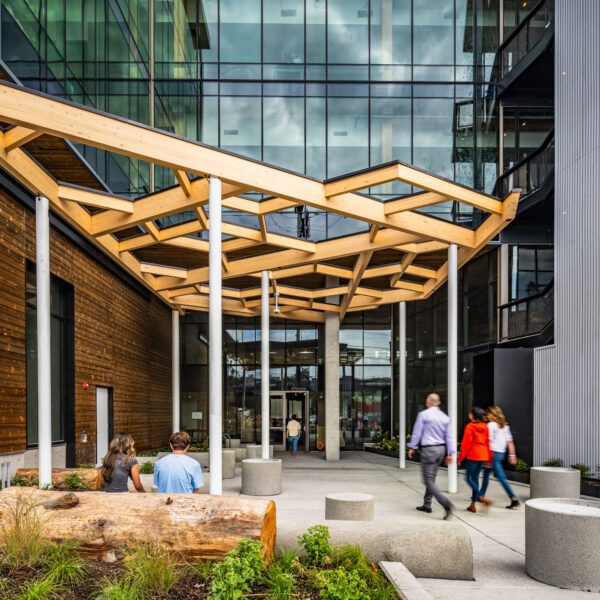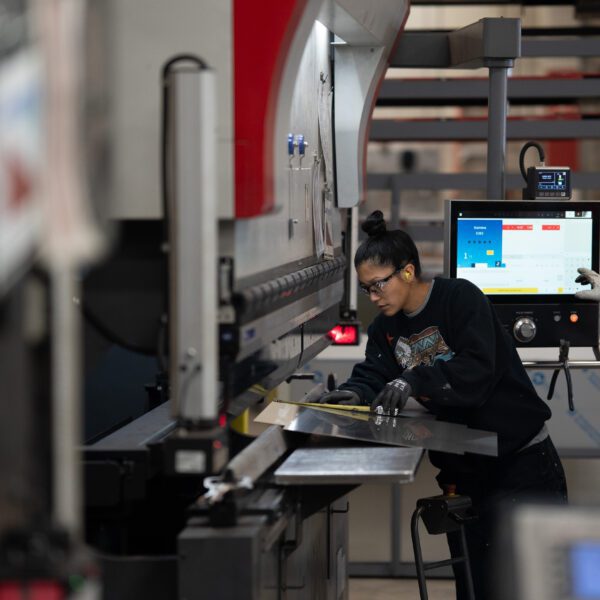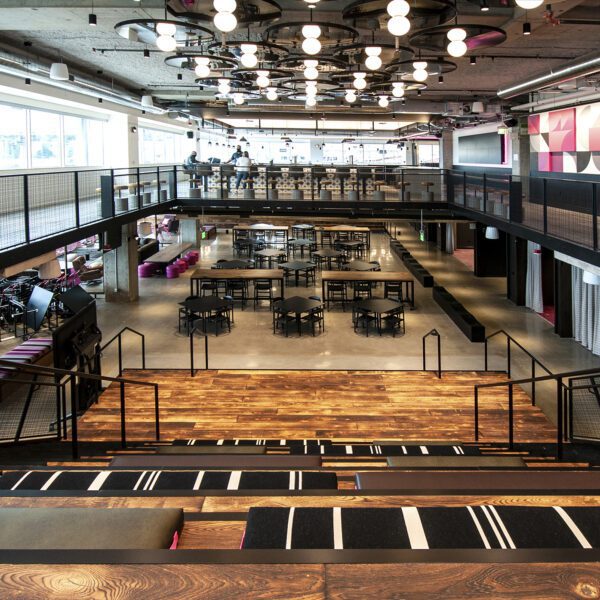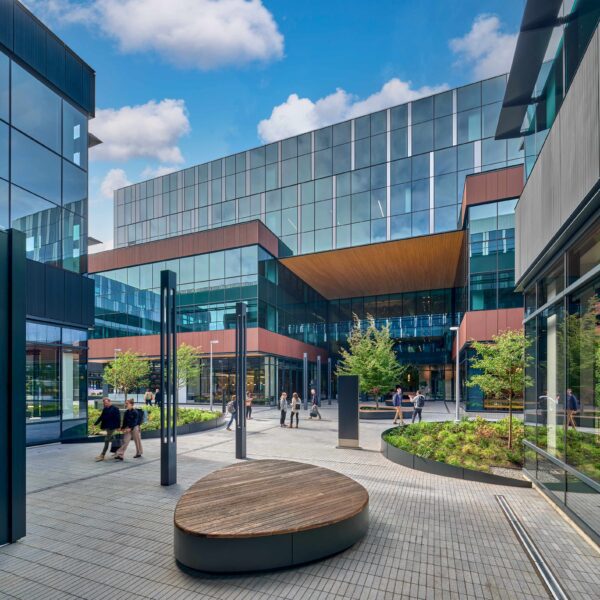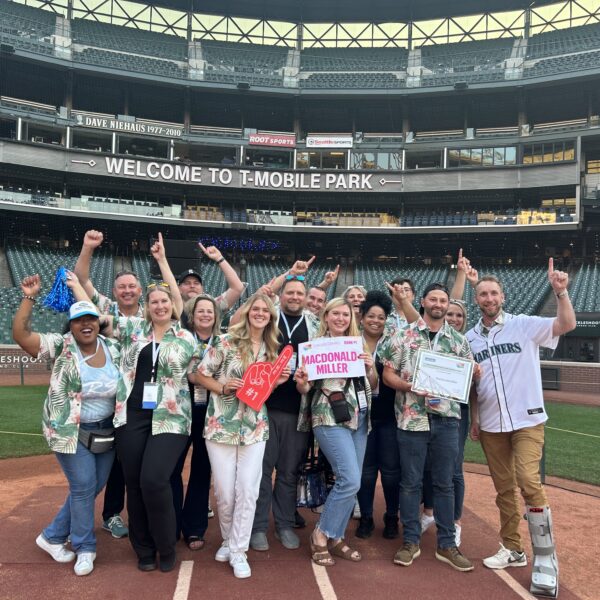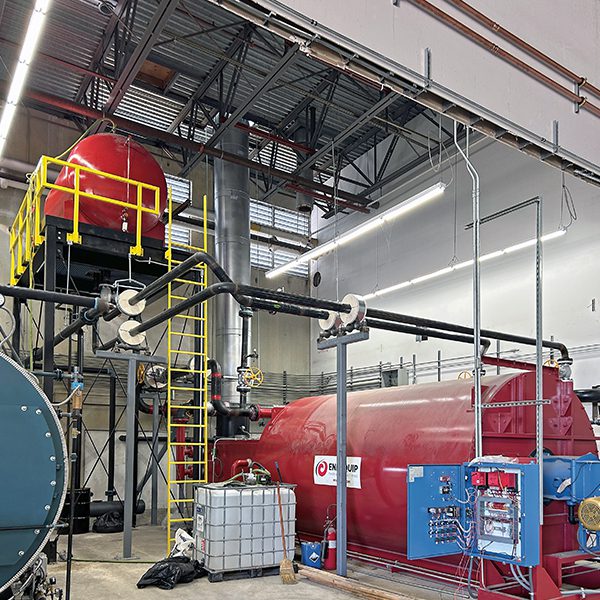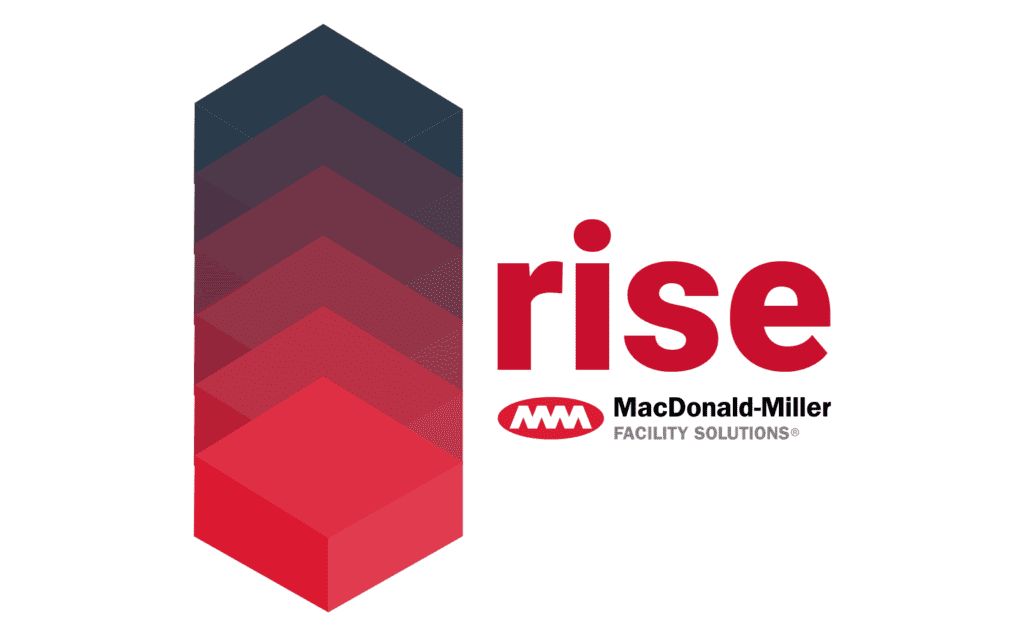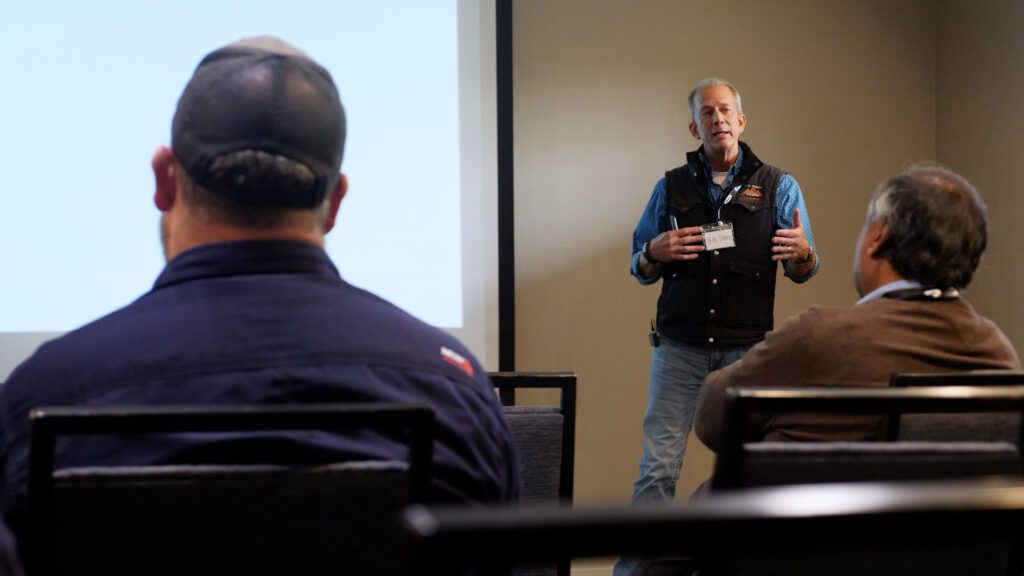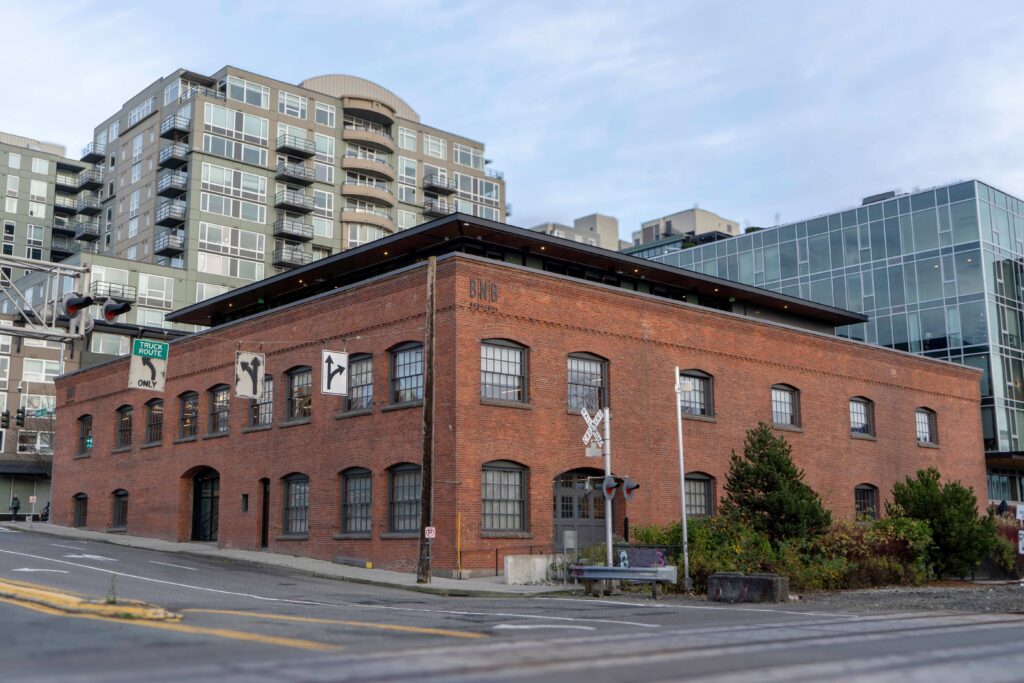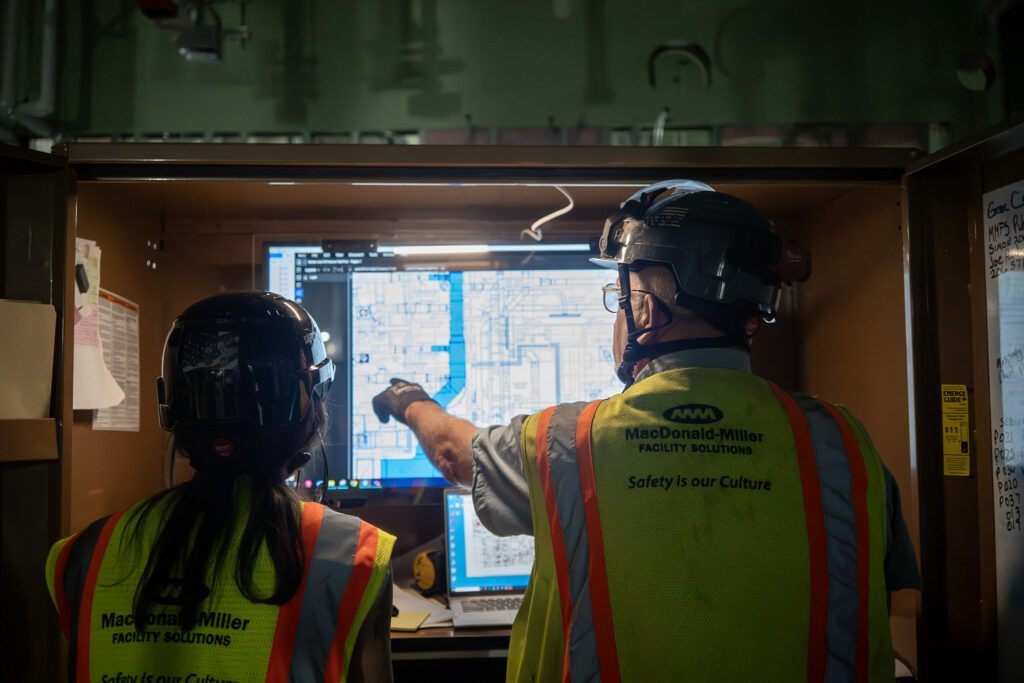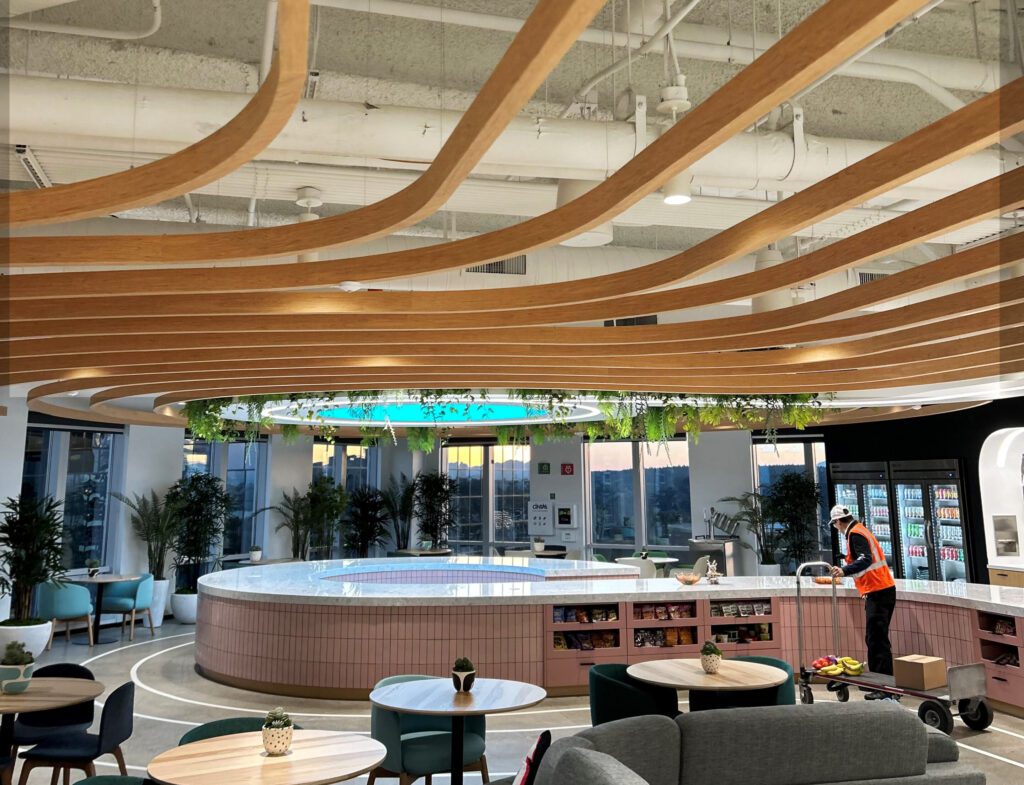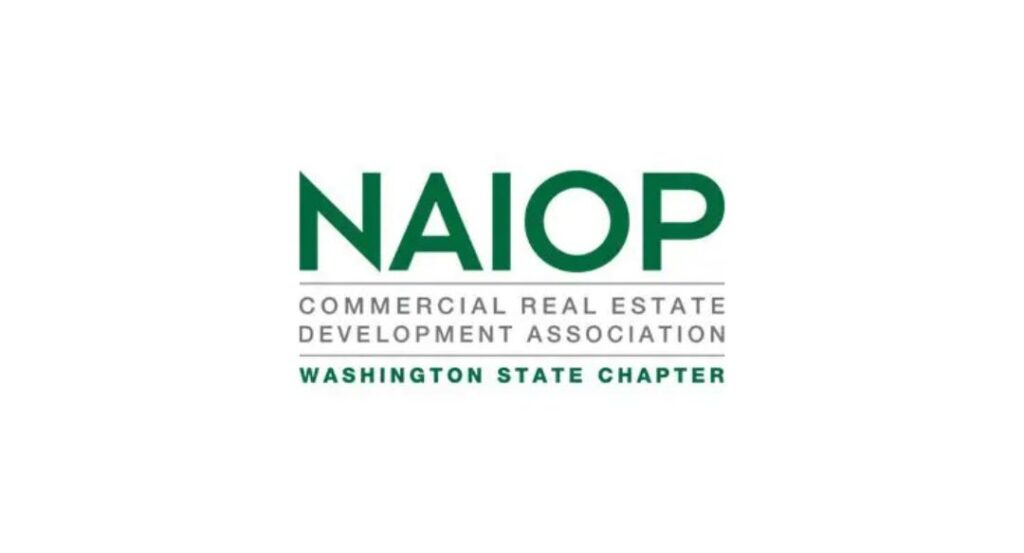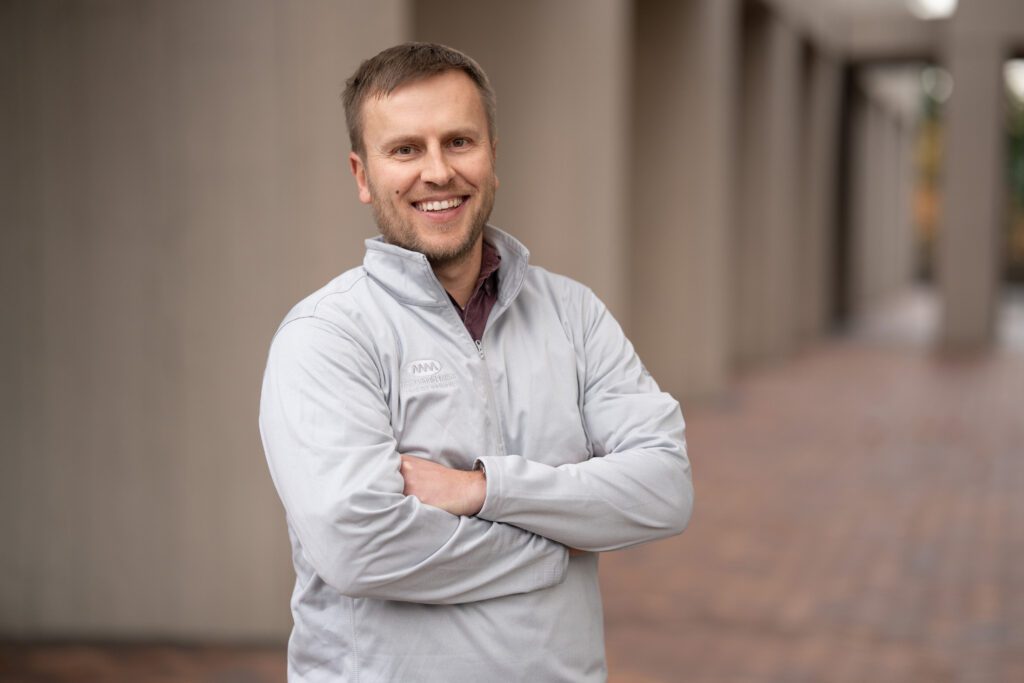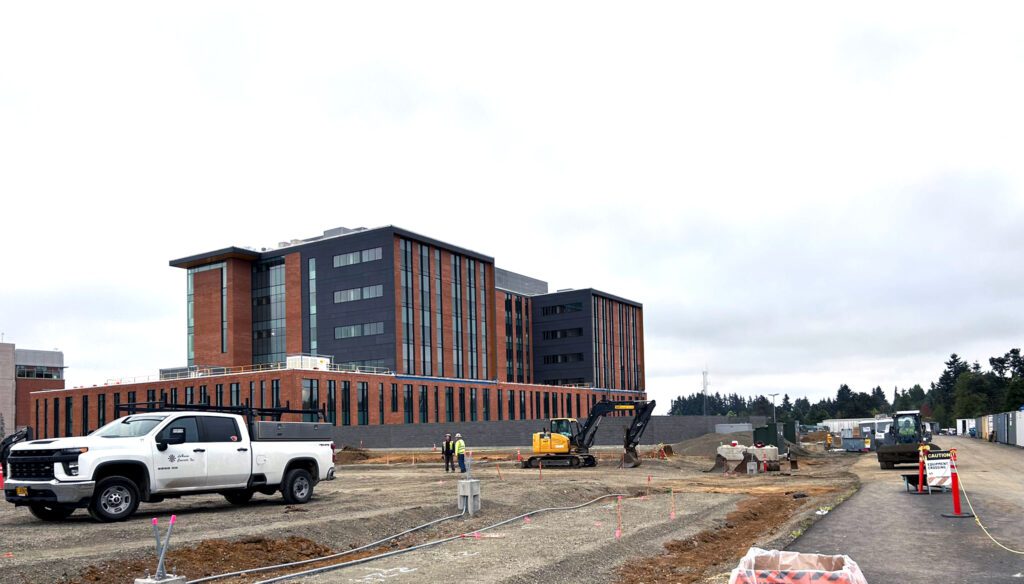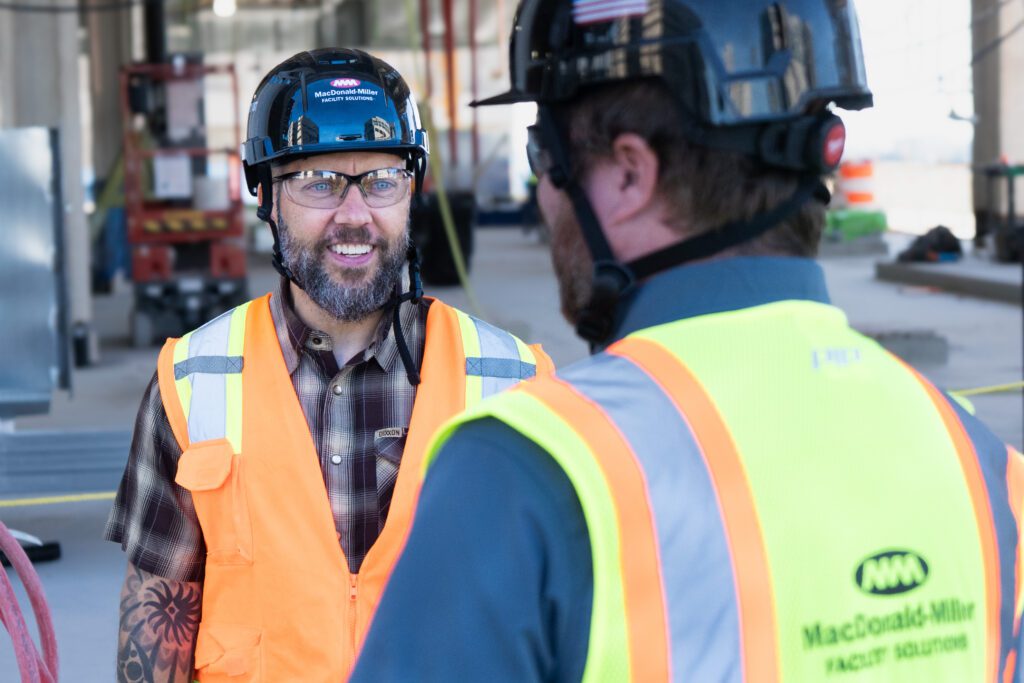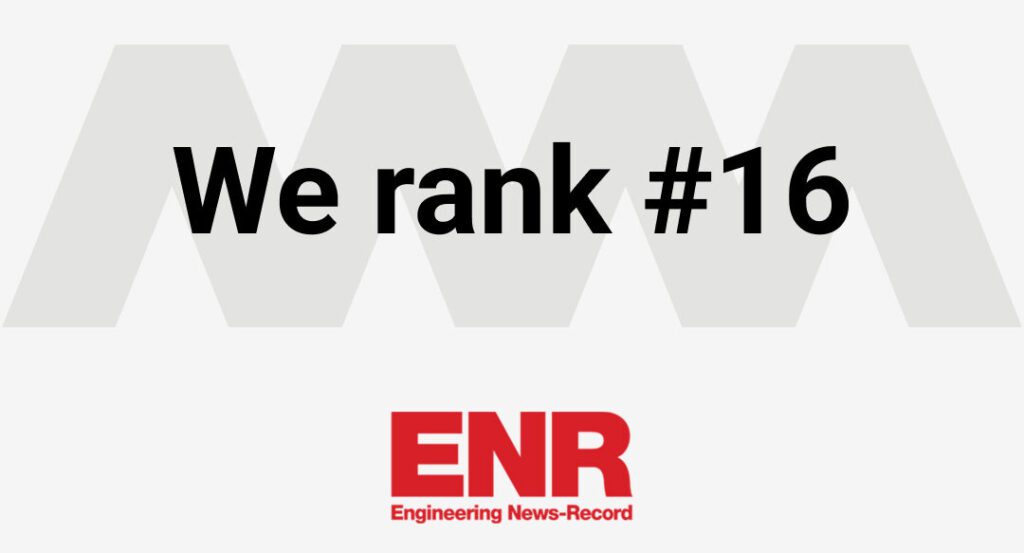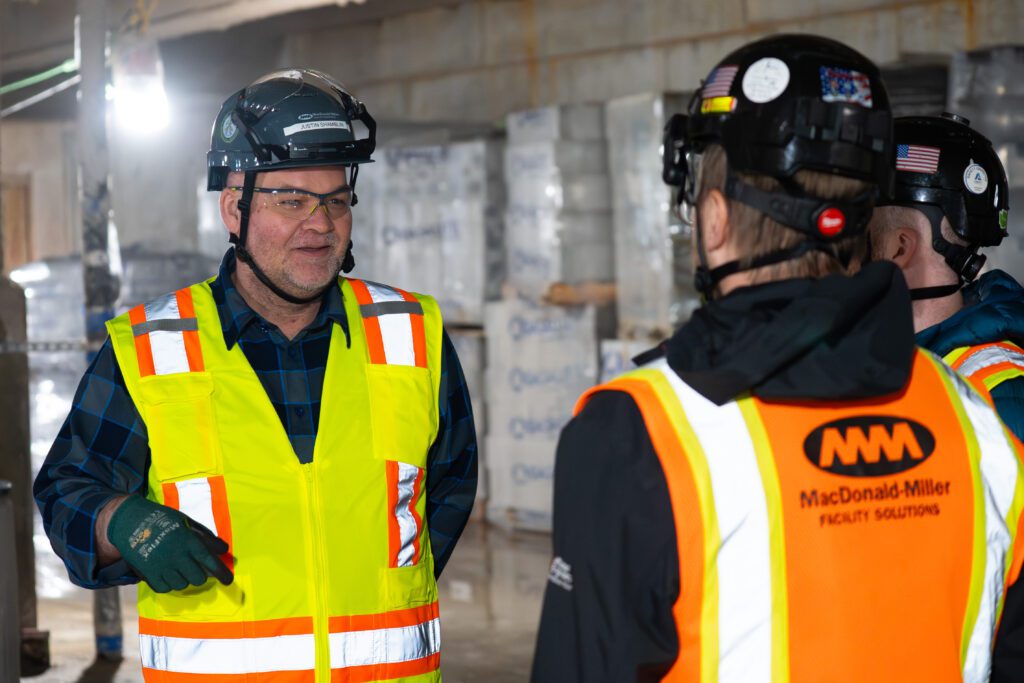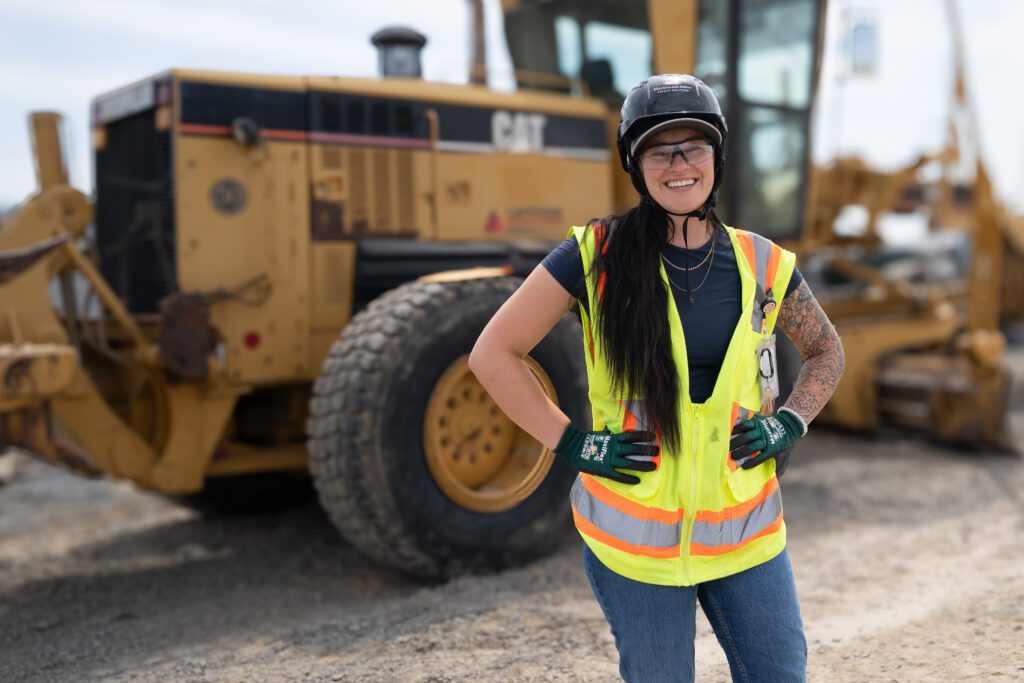Committed to efficiency and innovation
The No Meat Factory’s expansion into the U.S. with its new plant in Stanwood, WA marks a significant step for the plant-based meat alternative industry. Their facility, set to be the world’s largest of its kind, is a major undertaking with several technical challenges, particularly the setup of a thermal oil heating system, which is less common in U.S. industrial facilities.
“No Meat Factory was fortunate to team with MacDonald-Miller! As a start-up company, construction plans change frequently and partnering with the MacDonald-Miller team has turned our challenges into opportunities. Seth LaRiviere goes above and beyond to meet deadlines with quality work and professionalism… NMF looks forward to a long business relationship.”
– Larry Post, Plant Manager, No Meat Factory
This system, designed to operate at high temperatures (up to 650°F), requires precise engineering to accommodate the linear expansion of pipes. With every 100°F increase, the piping expands by 1 inch per 100 feet, meaning some sections grow by as much as 4.5 inches. To handle this, MacDonald-Miller’s team, led by engineer Daniel Vu, meticulously planned pipe guides, anchors, and compensators to ensure safe and efficient operation.
The choice of hot oil heating is key to the plant’s efficiency, providing higher temperatures than traditional steam-based systems and thus reducing production times. These systems are also less prone to corrosion, making them ideal for long-term use in food processing and other industries requiring extreme heat. Beyond the thermal oil system, MacMiller also handled various other installations, such as domestic water systems, compressed air systems, and pollution control measures, demonstrating the complexity and scale of the project.
With over 7,000 hours logged across different fields of work, the project exemplifies intricate coordination between engineering, fieldwork, and specialized labor.
As the facility enters its next construction phase, there will be ongoing efforts to create an efficient and sustainable production environment for plant-based alternatives.
Read more from our latest Perspective Newsletter.
